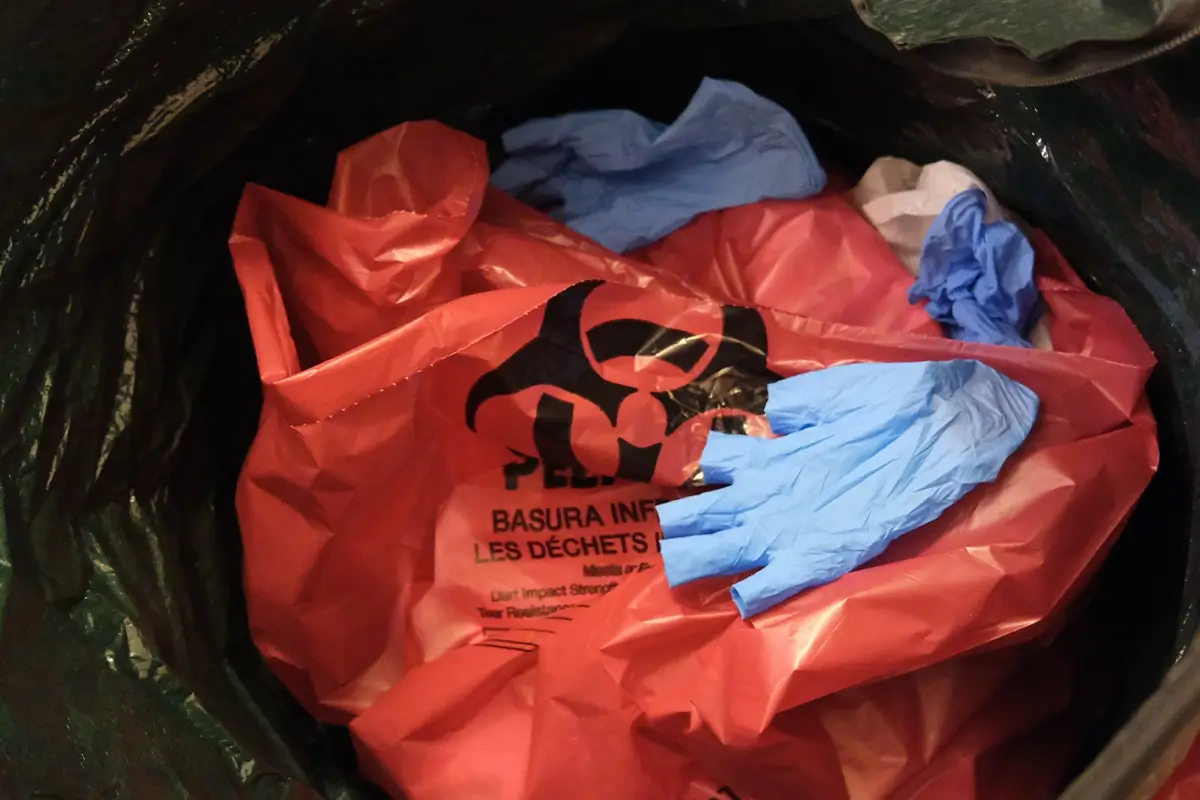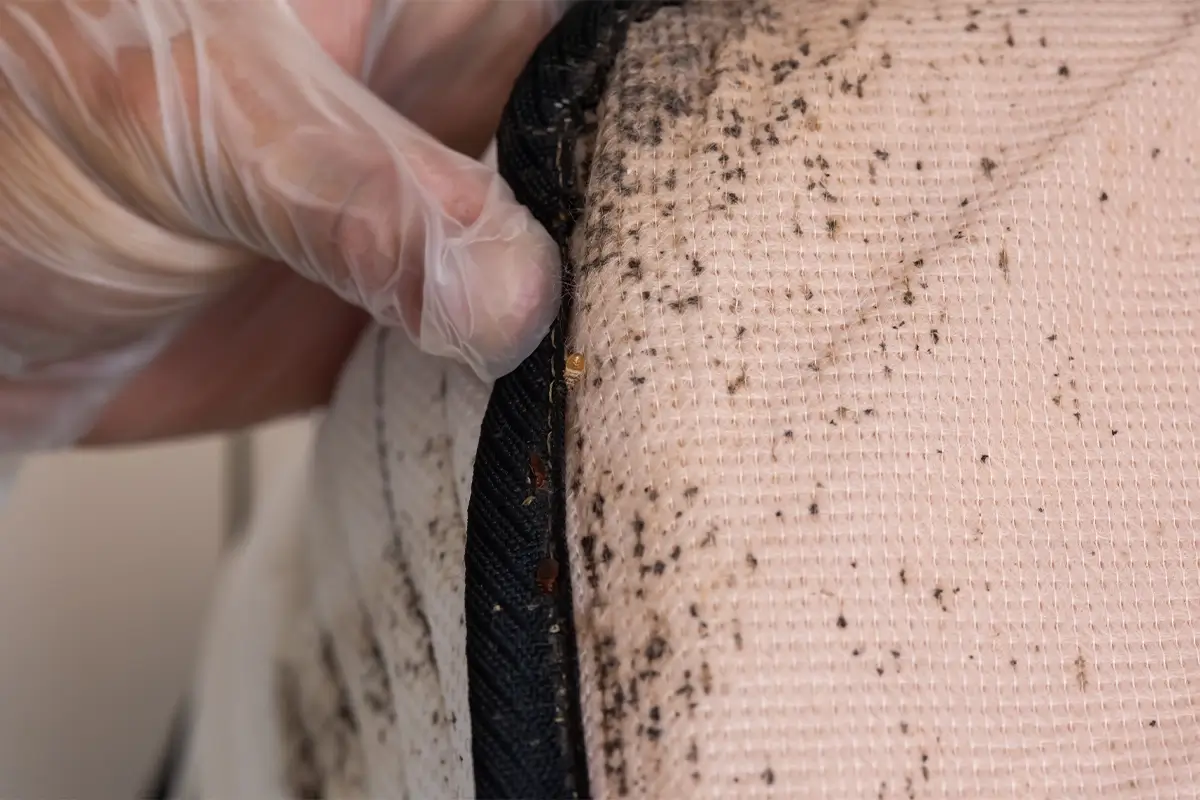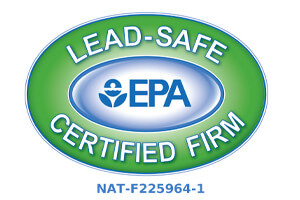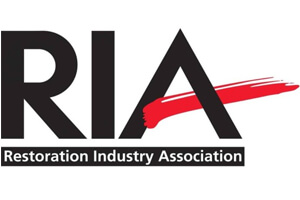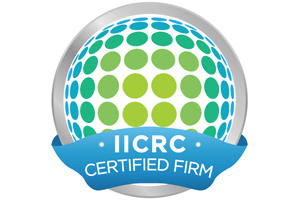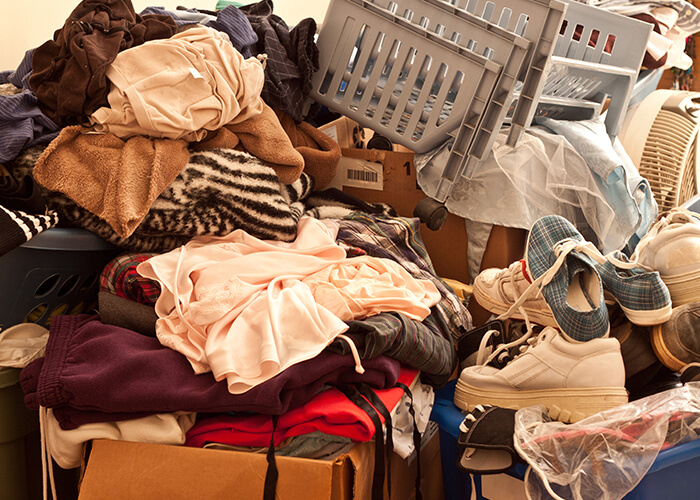
Compulsive Hoarding Risk Factors
Hoarding is an indiscriminate disorder that can befall anyone without regard for gender, age, or social status. While the cause of hoarding is still undetermined, experts have compiled a list of common factors that seem to target those at risk for the hoarding. These include:
- Age – Hoarding behavior often begins in the early teen years and worsens with age. Item saving at this age may include broken CDs, outdated school-work, etc.
- Genetics – Many psychologists have noted that a family history of hoarding is often present in hoarders, though it is not certain whether this is an inherited disorder or a trait that has been learned.
- History of Addiction – Hoarding may be considered an addiction in and of itself, meaning that those who have a history of alcohol or other substance dependency is a possible risk factor.
- Social Isolation – Hoarders often find a sense of comfort in their disorder, and the loneliness of social isolation may increase the risk of hoarding disorder.
- Stressful Events – The death of a loved one, divorce, and disaster is a noteworthy trigger for hoarding disorder, especially if such an event leaves an individual with more possessions than they know what to do with.
Other risk factors, such as emotional trauma, depression, and anxiety are usually applied on an individual basis by a licensed medical or mental health professional.
Signs Of Hoarding At An Early Age
Hoarding is a complex behavior that has unfortunately not seen a lot of research as of yet. However, hoarding can begin at a very early age with young children collecting items that they have no real use, such as:
- Broken Toys
- Kitchen Utensils
- Empty Candy Wrappers
- Empty Juice & Beverage Containers
- Papers
Children at this age may even lack some of the more intricate emotional states of adult hoarders, such as anxiety and depression. Collection and item accumulation may be the only signs of hoarding in an otherwise happy and healthy child.
Signs Of Hoarding In Adulthood
Adult signs of hoarding are much broader and more involved. In addition to the accumulation of “junk,” an adult hoarder may:
- Suffer from depression or anxiety (especially social anxiety).
- Have poor decision-making skills.
- Be unable to organize.
- Show a certain level of paranoia that they may be discarding something useful or valuable.
- Take great comfort in have more pets than local legal ordinances allow.
- Procrastinate or be indecisive (especially about housekeeping).
- Feel ashamed or embarrassed about the state of their home.
- Become defensive or aggressive when someone touches their possessions.
- Be withdrawn from friends and family.
A hoarder’s home is often highly cluttered and may include trash, rotting food, offensive odors, and a general lack of sanitation and hygiene.
Help With Hoarding
Even if the signs of hoarding are obvious many hoarders don’t realize they have a problem. This is generally because they feel that their clutter may be valuable and/or useful in the future. However, help does exist in the way of professional therapy, support group programs, and medications. If you or a loved one is suffering from risk factors or signs of hoarding, seek consultation with a licensed mental health professional in your area.
Also keep in mind that cleaning up the clutter, especially in extreme cases, may require the help of a professional sanitation service. Mold, pet waste, pest infestation and a variety of other factors may carry a significant health risk and often need professional treatment to ensure that all hazards are safely removed.
BioteamAZ, Arizona’s leading hoarding cleanup crew, is available to help you get back to a healthy, happy, more sanitary life. Contact us today.
